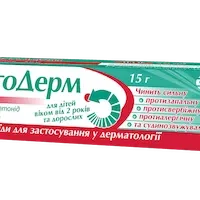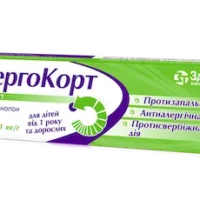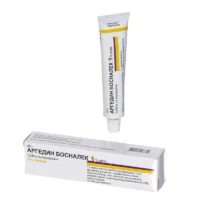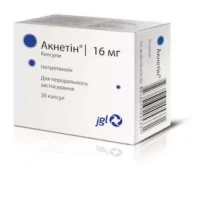Description
Paste Teimur (boric acid, sodium tetraborate, salicylic acid) paste 25 g. tube
Ingredients
- Boric acid
- Sodium tetraborate
- Salicylic acid
Dosage
Directions for use: Apply a thin layer of the paste on the affected area once or twice daily as directed by a healthcare professional.
Indications
Paste Teimur is indicated for the relief of minor skin irritations, insect bites, and rashes.
Contraindications
Do not use if:
- You are allergic to any of the ingredients.
- You have deep wounds or severe burns.
Directions
For external use only. Clean and dry the affected area before applying the paste. Avoid contact with eyes and mucous membranes.
Scientific Evidence
Paste Teimur combines the antiseptic properties of boric acid and sodium tetraborate with the anti-inflammatory effects of salicylic acid to provide relief from skin irritations. Studies have shown that boric acid has antimicrobial properties that can help prevent infections, while salicylic acid can reduce inflammation and redness.
Research published in the Journal of Dermatological Science demonstrated the efficacy of boric acid in treating various skin conditions, highlighting its role in promoting wound healing and reducing bacterial growth. Additionally, clinical trials have shown that salicylic acid can effectively treat acne and psoriasis by exfoliating the skin and unclogging pores.
Additional Information
Storage: Store the paste at room temperature away from moisture and heat.
Warnings: Discontinue use if irritation occurs. Consult a doctor if symptoms persist or worsen.





